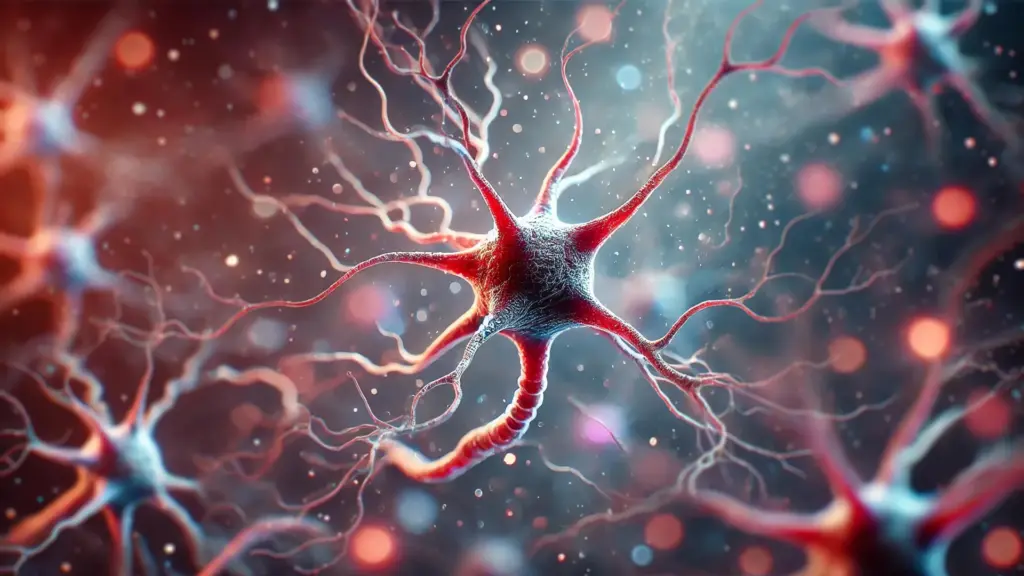
Researchers at Osaka Metropolitan University in Japan have revealed that the Alzheimer’s treatment lecanemab does not enhance the brain’s waste clearance system in the short term. This finding, published on November 11, 2025, underscores the complexity of Alzheimer’s disease (AD) and suggests that merely targeting amyloid plaques may be insufficient for restoring brain function.
Led by graduate student Tatsushi Oura and Dr. Hiroyuki Tatekawa, the study examined the effectiveness of lecanemab, an antibody therapy designed to reduce amyloid-β (Aβ) plaques. Researchers utilized a specialized imaging technique, known as the DTI-ALPS index, to assess changes in the brain’s glymphatic system—the network responsible for clearing metabolic waste.
Despite initial expectations, the results indicated no significant improvement in the DTI-ALPS index three months after treatment. This suggests that while lecanemab is effective in lowering plaque levels, it does not sufficiently address the underlying neuronal damage or restore the brain’s natural waste-removal capacity.
Understanding the Impact of Alzheimer’s Disease
Alzheimer’s is recognized as the most prevalent neurodegenerative disorder, characterized by a complex interplay of factors leading to cognitive decline. One major contributor to this decline is the accumulation of amyloid-β protein in the brain. In healthy individuals, the glymphatic system circulates cerebrospinal fluid, facilitating the removal of waste, including Aβ. However, in Alzheimer’s patients, this system is disrupted.
As Aβ builds up, it causes blood vessels to become stiffer, impeding fluid flow between brain tissue and cerebrospinal fluid. This disruption compromises the brain’s ability to clear waste, initiating a cascade of neurodegenerative effects that contribute to the symptoms of AD.
The research team’s findings emphasize that the challenges of treating Alzheimer’s extend beyond plaque accumulation. By the time cognitive symptoms emerge, significant neuronal damage and waste clearance impairments are likely already established, complicating potential recovery.
Future Directions for Alzheimer’s Treatment
Oura expressed a need for further research, stating, “Even when Aβ is reduced by lecanemab, impairment of the glymphatic system may not recover within the short term.” The team plans to explore various factors, including age, disease stage, and the extent of white matter lesions, to better understand the relationship between glymphatic changes following lecanemab treatment and overall treatment outcomes.
The study highlights the necessity for a more comprehensive approach to Alzheimer’s treatment, targeting not only amyloid clearance but also the broader biological pathways involved in the disease. As researchers continue to investigate these complexities, there is hope for developing more effective therapies that can help restore brain function in patients suffering from Alzheimer’s.
This research was published in the Journal of Magnetic Resonance Imaging, contributing to the growing body of evidence that underscores the multifaceted nature of Alzheimer’s disease and the need for innovative treatment strategies.







